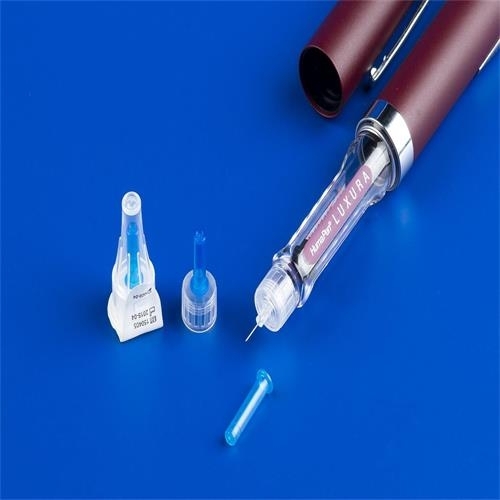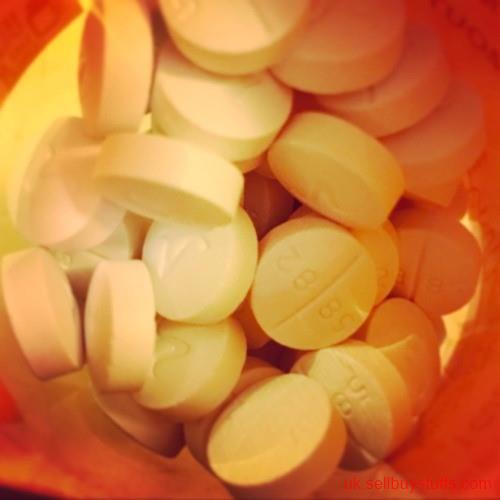Let’s talk insulin.
Mention the “I word” to some reduced carb dieter, or even a clean eater, and you will virtually discover them turn white since the blood drains from other face in abject horror.
For many years, insulin could be the big bad guy from the nutrition world.
They reference insulin as “the storage hormone” and believe that any amount of insulin in your body will immediately make you lay down new fat cells, put on pounds, and lose any level of leanness and definition.
Fortunately, it’s not quite true.
In reality, while simplifying things in terms of nutrition and training is frequently beneficial, this can be a gross over-simplification from the role of insulin in the human body, along with the truth is entirely different.
Not even close to to be the dietary devil, insulin is really not be afraid of whatsoever.
What Insulin Does
The first part with the insulin worrier’s claim (that insulin is a storage hormone) holds true Body of insulin’s main roles is usually to shuttle carbohydrate which you eat across the body, and deposit it where it’s needed.
For many people that all the carbs consume become fat though.
You store glycogen (carbohydrate) with your liver, your muscle cells plus your fat cells, and will also only get shoved into those pesky adipose sites (fat tissue) if the muscles and liver are full.
Additionally, unless you’re in a calorie surplus, you merely cannot store body fat.
View it by doing this –
Insulin is much like the staff in a warehouse.
Calories will be the boxes and crates.
You can fill that warehouse fit to burst with workers (insulin) however, if there won’t be any boxes (calories) to stack, those shelves won’t get filled.
So if you feel burning 3,000 calories per day, and eating 2,500 calories (or even 2,999) one’s body can’t store fat. It doesn’t matter if those calories are derived from carbs or sugar, you simply will not store them, as your body needs them for fuel.
Granted, this wouldn’t be the world’s healthiest diet, but as far as science can be involved, it comes to calories in versus calories out, NOT insulin.
It is not just Carbs
People fret over carbs getting the biggest influence on levels of insulin, and how carbohydrate (particularly with the simple/ high-sugar/ high-GI variety) spikes levels of insulin, but a lot of other foods raise insulin too.
Whey protein concentrate, for example, is extremely insulogenic, which enable it to create a spike, particularly if consumed post workout.

Dairy products too will have a relatively large effect due to the natural sugars they contain, as well as fats can raise levels of insulin.
Additionally, the insulin effect is drastically lowered when you eat an assorted meal – i.e. the one that contains carbs plus protein and/ or fat.
This slows the digestion as well as the absorption from the carbs, resulting in a lot lower insulin response. Add fibre to the mix too, along with the raise in insulin is minimal, so even if we were focused on it before, the perfect solution is is simple – eat balanced, nutrient-dense meals, and you also need not worry.
Insulin Builds Muscle
Returning to the idea of insulin as being a storage hormone, as well as the notion it delivers “stuff” to cells:
Fancy having a guess at what else it delivers, beside carbohydrate?
It delivers nutrients on your muscle cells.
Therefore, if you are forever always keeping insulin levels low for nervous about excess weight, it’s highly unlikely you’ll build muscle optimally. It’s for that reason that I’d never put clients seeking to get ripped and earn lean gains with a low-carb diet.
No Insulin Can Still Equal Fat cell function
Unlike dozens of low-carb diet practitioners yet again, it’s possible to store fat when levels of insulin are low.
Daily fat when consumed in a caloric surplus is really converted to extra fat tissue much more readily than carbohydrates are, showing that once again, fat gain or fat loss depends upon calories in versus calories out, not insulin levels.
Why low-Carb (and Low-Insulin) Diets “Work”
Many folk will point towards scientific and anecdotal proof low-carb diets working as reasoning for keeping insulin levels low.
I won’t argue – a low-carb diet, where insulin release is kept low can easily work, but this has hardly any related to the hormone itself.
Whenever you cut carbs, you mostly cut calories, putting you into a deficit.
Additionally, the person will eat more protein and more vegetables when going low-carb, so they feel far fuller and eat less. Plus, protein and fibre have a higher thermic effect, meaning they will really use-up more calories throughout the digestion process.
Net profit: Insulin – Less than Bad After All
You don’t have to concern yourself with insulin in the event you –
Train hard and frequently
Consume a balanced macronutrient split (i.e. ample protein and fat, and carbs to accommodate activity levels and personal preference.)
Are relatively lean.
Eat mostly nutrient-dense foods.
Have no difficulty with diabetes.
You could still store fat with low insulin levels, and you may burn up fat and produce muscle when insulin is found.
Looking at insulin in isolation as either “good” or “bad” really is a prime demonstration of missing the forest to the tress, so calm down, and let insulin do its thing whilst you focus on the main issue.
To get more information about ozempic medication where to buy please visit internet page: visit site.



